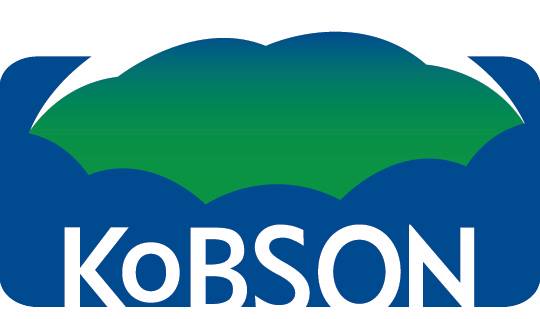DOI 10.5937/jaes17-22883
This is an open access article distributed under the CC BY-NC-ND 4.0 terms and conditions.

Volume 17 article 625 pages: 425 - 430
The performed studies have evaluated groundwater resources across continents and hold their comparison with the resources of surface water. Temporary condition of water resources in the world, the prospects for their security of countries are a matter concern. The world situation with water resource is clearly not satisfactory and remains disturbingin general. In many regions there is co-quantitative depletion of water resources, their deficit becomes increasingly stressful. Water availability has decreased approximately in 2 times (from 13 to 7.6 thousand m3/year per person) since 1970. It is given the modern availability of fresh water in Europe. Russia occupies a leading position according to the total volume of freshwater. In Russia as a whole the security of inferred groundwater resources is 6 m3 per day per person. However, it is experienced a significant water shortage in a number of constituent entities of the Russian Federation due to uneven distribution of groundwater resources. Up to 70% of the total volume of extracted groundwater is used for drinking and general-purpose needs. Water supply of more than 50 % of the territory and population of the Russian Federation is based only on groundwater. There are territories with local water scarcity. Environmental threat is the deterioration and contamination of groundwater under the influence of anthropogenic load. It is recorded about 6 thousand sites of technogenic pollution of groundwater in the country. Also there are about 500 water intakes with constant or episodic pollution of groundwater. Mainly, pollution is evident in urban and industrial agglomerations making it impossible to supply consumers with water of required quality. In accordance with the basic principles of state policy in the field of use and protection of water objects, we have identified the activities that ensure rational use, restoration and protection of groundwater resources.
1. The water strategy of the Russian Federation for the period up to 2020: approved by the order of the Government of the Russian Federation dated. August 27, 2009. No 1235r.
2. Golitsyn M.S. (2010). Problems of assessing the quality, ecological significance and rational use of drinking groundwater in Russia. Exploration and protection of mineral resources, No 7, 72-73.
3. http://mnr.gov.ru. State report "On the state and protection of the environment in the Russian Federation in 2015".
4. Danilov-Danilyan V.I., Losev K.S. (2006).Water consumption: ecological, eco-nomic, social and political aspects. Moscow. 221.
5. Jamalov R.G., Safronova T.I. (2010).Groundwater resources by parts of the world and countries of the world. News оf Russian Academy of Sciences. Series: Geographic, No 3, 52-60.
6. Report on the state and protection of the environment in the Kursk region in 2014. Department of Environmental Safety and Nature Management of the Kursk region (2015). Kursk. 160.
7. Tomakov V.I., Tomakov M.V., Bokinov D.V. [and etc.] (2016). Legal problems of groundwater accounting and use. News of South-West state University. Series: Engineering and technology, No 3 (20), 92-103.
8. Tomakov M.V., Tomakova I.A., Brezhnev A.V. [and etc.] (2019). Disagreements between legal acts regulating environmental requirements for the use and protection of land in the construction of trunk pipelines. SGEM, No 5.1, 189-196.
9. Anisimov A.; Kayushnikova J. (2019). Trends and prospects for legislative regulation of legal responsibility for environmental offenses in BRICS countries: comparative law. BRICS law journal, vol. 6/issue 1, 82-101.







